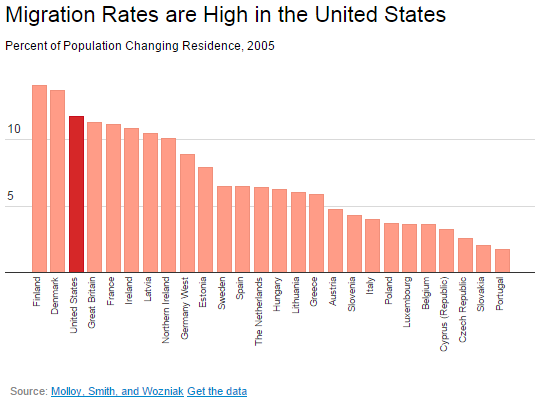Ao ler:
E os paralelismos continuam:"Bad Assumption 1: Markets are monolithicIf you look at a market monolithically [Moi ici: Como não recordar "Lugar do Senhor dos Perdões (parte III)" e "Quando os macro-economistas falam sobre o desempenho, sobre a produtividade de um sector de actividade, como o calçado, como o têxtil, como o mobiliário, falam de um bloco homogéneo, coerente, maciço... como se todas as empresas, imersas no mesmo ambiente competitivo, tivessem o mesmo comportamento"], simple math dictates that the average will be most heavily influenced by the majority. And, income distributions being what they are, the majority of customers in any market will have less money, and likely be inclined to prioritize price. Ergo, monolithic market analysis necessarily concludes that customers prioritize price.Markets, though, are not monolithic. They are wildly disparate, able to be endlessly segmented not just by income, but by a whole host of demographic and psychographic factors. In every market there is a segment of people who have the means to buy nice things, and there is a segment that values a superior experience."
"Bad Assumption 2: Consumers only care about speeds, feeds, and priceThe old hoary chestnut that “Apple only wins because its advertising tricks people into paying too much” was raised in my Twitter feed last night, and while the holders of such an opinion are implicitly saying others are stupid, my take runs in the opposite direction: it’s not that people are irrational, it’s that human rationality is about more than what can be reduced to a number. Delight is a real thing, as is annoyance; not feeling stupid is worth so much more than theoretical capability. Knowing there is someone you can ask for help is just as important as never needing help in the first place."E estas análises, baseadas nas "bad assumptions", são mainstream na Europa mas muito mais mainstream num país sem paciência estratégica como os EUA.
BTW, interessante este ponto:
"Apple lost more money to currency fluctuations than Google makes in a quarter"





















%2006.21.jpeg)












